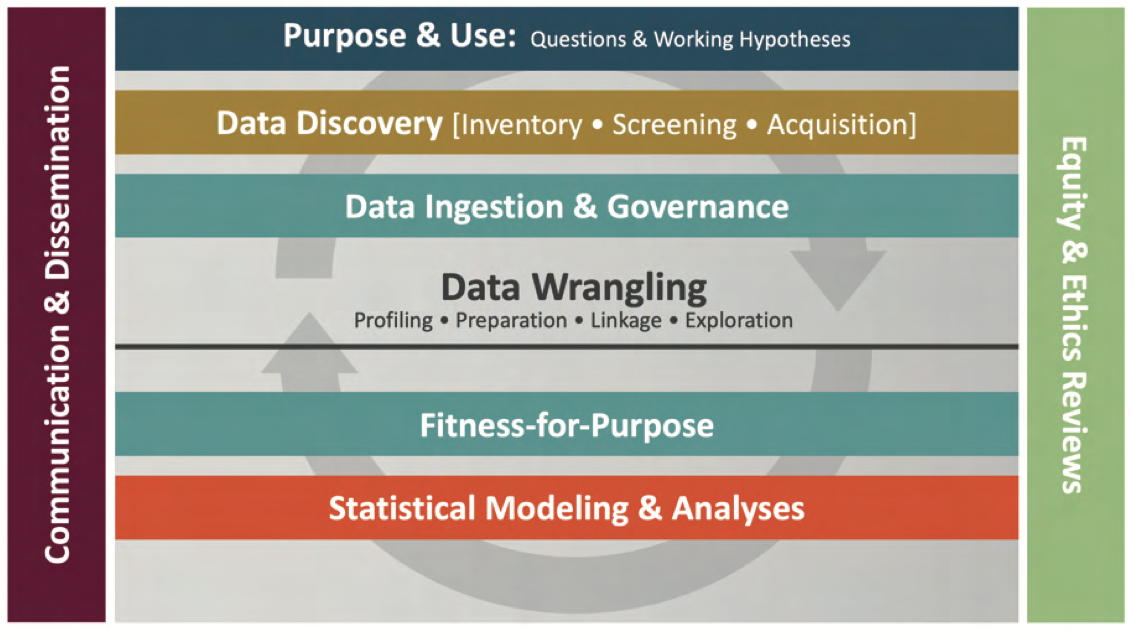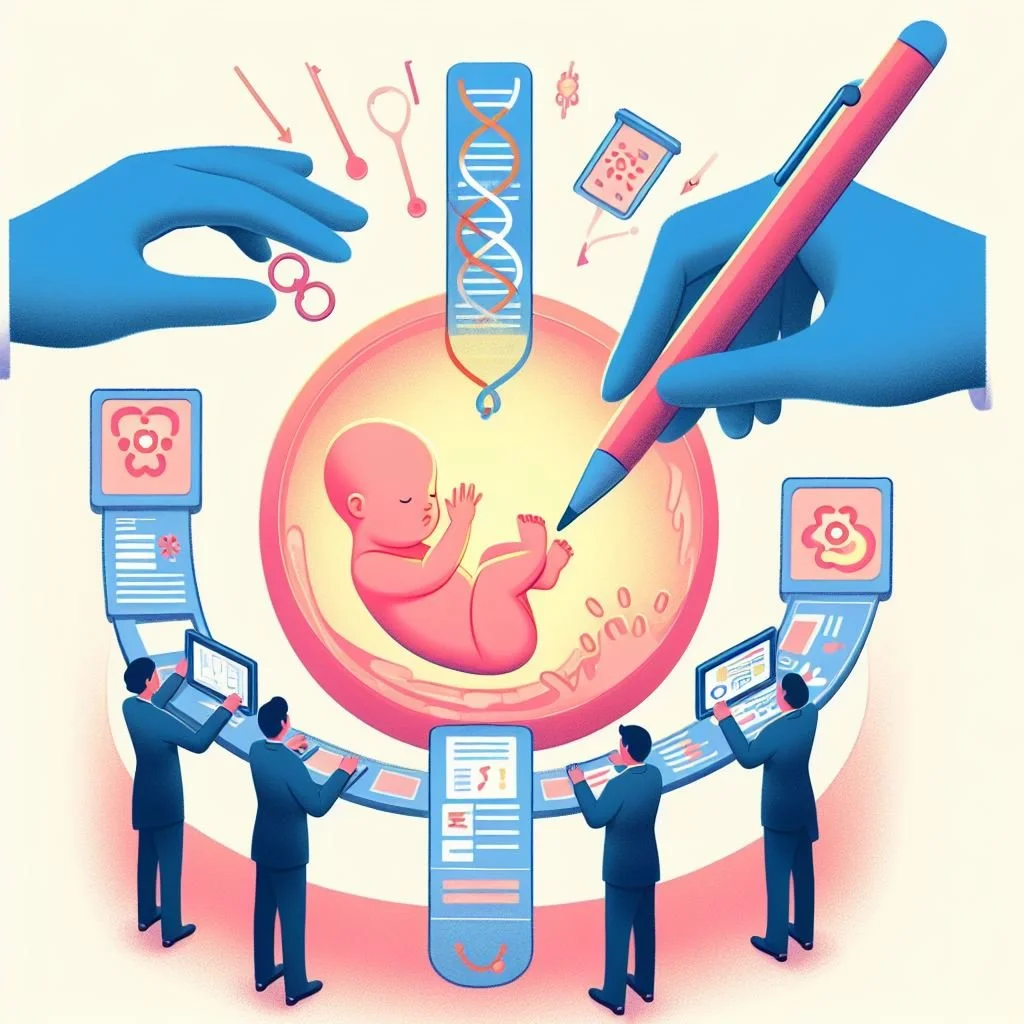How Will the 2030 U.S. Census Be Enhanced?
The 2020 U.S. Census was hit by the pandemic, response rate challenges, attempted political interference, and rising costs.
Plans are already underway to improve the 2030 Census. A report in the May 3 Science by Jeffrey Mervis titled Census agency aims for a better statistical snapshot of the U.S. describes an interim report provided by a University of Virginia working group that is grappling with these issues.
The report (A 21st Century Census Curated Data Enterprise, A Bold New Approach to Create Official Statistics, Spring 2022 Report) lists these as possible ways to improve the 2030 Census:
Progression from “… a focus on individual data elements or surveys items to one focused on the purpose and use of the information.”
A shift to exploitation of “… multiple data sources across many sample surveys, censuses, tribal, federal, state, and local administrative data, as well as private-sector data.”
Probably the most signficant aspect both organizationally and conceptually of what this UVA group is proposing is a move by the Census Bureau away from a “survey only” model towards a “Curated Data Enterprise (CDE) Concept“ which the report describes as follows:
The CDE, a new proposed infrastructure encompassing the complete set of activities the Census Bureau conducts to develop trusted metrics on people and the economy emerged out of the discussions lead by the University of Virginia team authoring this report. This new approach amplifies the use of multiple data sources, from sample surveys, censuses, and other official administrative and third-party data, with the goal of providing more robust, timely, and comprehensive measures when combined.
Using multiple data sources to accomplish a policy goal is nothing new for the Federal government. I was made personally aware of that several years ago when I consulted on assessing the data governance processes surrounding the creation and use of test data associated with implementing the Affordable Care Act’s (ACA’s) various software and database components.
Protecting the privacy of personal financial and medical information, especially when such data are used in connection with health insurance packaging and sales, is essential.
For example, income levels can impact health insurance and sources such as the IRS and Medicare may need to be checked. Privacy and accuracy of such transactions must be protected and such protections can impose complications on operation og the overall system given that source data systems may not have been originally designed to support such data exchange and validation processes.
A major challenge with implementing the CDE will be not just technical but also the organizational and governance changes needed for how Census and related systems operate and interact. The report refers to this as moving to a new “data curation model”:
Historically, the Census Bureau has created and implemented rigorous, reviewable, and repeatable processes for each of its surveys to provide data accuracy such that total survey error is minimized. The Curated Data Enterprise (CDE) requires the Bureau to go further and evolve a new data curation model that greatly expands and enables data discovery and retrieval, maintains data quality across multiple and diverse sources of information, adds value by creating new derived variables, and provides for reuse over time for new purposes and time-sensitive questions.
As described in the report, expanded data curation will require attention and changes to a range of processes and organizational practices. Here, for example, is Figure 1 from the report titled “Curated Data Enterprise Model.” Data management professionals will recognize many of the technical and organizations changes hiding behind each of these well organized levels:
Source: Keller S, Prewitt K, Thompson J, Jost S, Barrett C, Nusser S, Salvo J, Shipp S. A 21st Century Census Curated Data Enterprise. A Bold New Approach to Create Official Statistics, Technical Report BI-2022-1115. [Print]. Proceedings of the Biocomplexity Institute, University of Virginia; 2022. DOI: 10.18130/r174-yk24.
Fortunately this report goes into some details of how the “purpose and use” layer could be defined given all the potential demands being made for population and the economy data by the Census’ diverse “stakeholder” groups:
Congress and the Legislative Branch
Public Policy Community
Business and Commerce Community
Non-Government Organizational (NGO) Community
Researcher Community
Media
General Public
The report also mentions a series of high priority data uses that emerged from a lengthy series of sessions addressing the data needs of the different stakeholder groups including:
Accurate data on the “gig” economy.
An accurate count of young children.
Broadband availability, accessibility, and affordability.
Data on single men living alone in rural areas.
Data related to measuring discrimination for any program that receives Federal funds.
Measuring income accurately.
Data to address such questions is difficult to obtain or may require extraction and processing from multiple (and potentially incompatible) data sources.
Fortunately, the report does begin to address the challenges associated with changing how Census operates, collects, manages, and reports data. The final paragraph in the report suggests that succeeding reports will provide useful insight into how the Census Breau operates between now and 2030:
We are undertaking steps to define and implement case studies that will illustrate the art of the possible and lead to demonstration projects and pilot data integration efforts. These efforts will occur while exercising in-depth research challenges searching for new solutions to vexing challenges such as coverage limitations, timeliness of data releases, and building more longitudinal studies that better reveal trends and changes over time.
I am looking forward to future reports and descriptions of how the next Census will be conducted. I’m especially interested in how management challenges will be addressed when collaboration in data governance and data access must be coordinated across organizations and departments.
Copyright (c) 2022 by Dennis D. McDonald. Contact info & bio here.


































